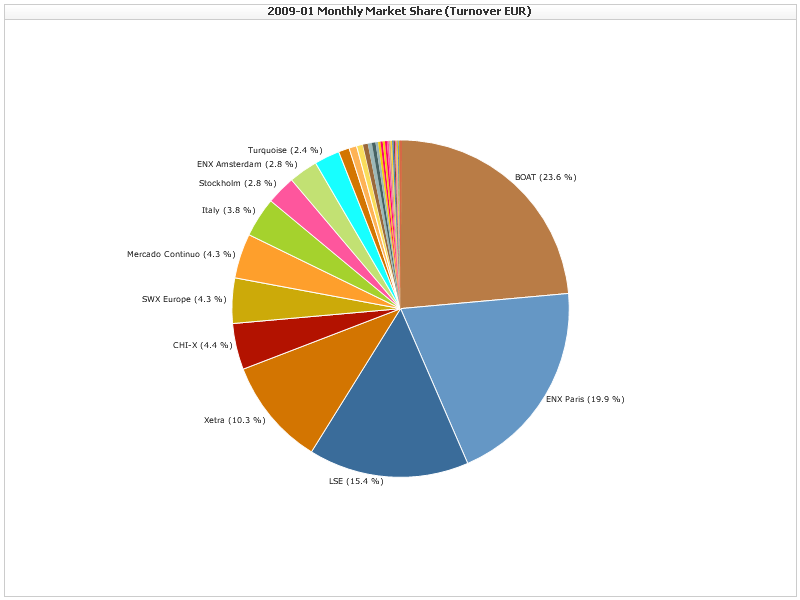Hedge Funds Trading Houses Picking Off Disgruntled Commodity Traders
Post on: 11 Июнь, 2015 No Comment

Posted by pfon71361
With large banks cutting commodities trading operations, top performing traders are finding jobs at hedge funds and other trading houses. But they face big culture changes at their new employers.
Among the hirers is London-based Marex Spectron, which is expanding in the U.S. and Asia. The commodities futures brokerage house made three senior hires recently. and anticipates increasing headcount in Singapore from 18 to 40. The 600-person firm will hire another 10 percent to 20 percent globally, according Chief Executive John Wall, who joined the firm after leaving UBS in 2011. Golden-Agri Resources has also been adding traders. The firm recruited a five-person team from trading giant Cargill earlier this year.
Geneva-based Mercuria Energy Group has been active, poaching two big names from Barclays and Morgan Stanley in recent months. Europe’s second biggest hedge fund, Brevan Howard, has been taking advantage of the cutbacks of bulge bracket banks, hiring traders in commodities and other units. The U.K.’s Arbuthnot Latham is set to launch a commodities trading desk for its private clients and is hiring.
Danish energy- trading company Neas Energy hired five traders in February. The firm also poached Jesper Johanson from Deutsche Bank just this week to head its short-term buying and selling of power.
Jake White, head of commodities sales and trading at London-based Selby Jennings, is working with a U.S. commodities fund that’s hired 13 portfolio managers in London over the past two years, four or five from big banks. He declined to identify the hedge fund.
These firms are taking advantage of the layoffs going on at bulge bracket banks. Commodities trading headcount at large banks declined by nearly 6% last year. according research firm Coalition, with firms like Goldman Sachs, J.P. Morgan and Morgan Stanley cutting middling commodities staffers while offering top performing fewer opportunities to make great money. Other firms – like Deutsche Bank, UBS and Bank of America – have completely walked away from some commodities trading activities. Job postings for the commodities sector were down 60% on eFinancialCareers in 2012.
Smaller firms picking up traders from the big boys “aren’t subject to tougher banking regulations and are permitted greater latitude in commodity derivatives trading because they have physical positions to hedge,” said George Stein, managing director of New York-based Commodity Talent.
Given new restraints on pay at large banks, many high-revenue-generating commodities traders want to move to hedge funds and proprietary trading firms where there isn’t a strict compensation structure, said Kurt Harrison, head of the financial-services group at executive recruiter Russell Reynolds Associates.
Moreover, commodity traders and portfolio managers enjoy the meritocracy of hedge funds and trading houses, said Stein. If you lose your job, it’s because you – or your firm – failed to generate revenue. Big banks, on the other hand, have eliminated entire commodity trading groups just to abide by strict capital requirements.
“Career stability is becoming more important to the seasoned traders as the boom and bust cycle on Wall Street has disrupted careers and even lifestyles,” Stein said.
Culture Shock

Similar to working at a large technology company and moving to a startup, jumping from a bulge bracket bank to a small hedge fund or trading house takes some getting used to.
“It is very different,” said Harrison at Russell Reynolds. “You don’t have the same resources and information flow. Veteran traders can get frustrated.”
There is a massive shift in trading styles, said White, who knows several established hedge funds – particularly pure proprietary trading funds – that simply won’t hire from large banks. “The systems aren’t the same, there a different regulations, but more so it’s attitude,” he said. Newer hedge funds are more willing to take chances on big names, White added.
Pigeon-Holed
Commodities staffers, particularly traders, often struggle to find work outside of their trained profession. If you get laid off from a large bank, and hedge funds or trading houses won’t have you, the job market may be unforgiving, recruiters note.
Commodity traders have mathematical skills and knowledge of energy markets that could open the doors to a career in sales or business development, but traders are a different breed, said Rick Gold, partner at trading staffing firm First Call Associates. “They need action.”
If a commodity trader wants to make a move to a different career path on Wall Street, they’ll need to network. Recruiters likely won’t be much help in that situation, said Gold.














